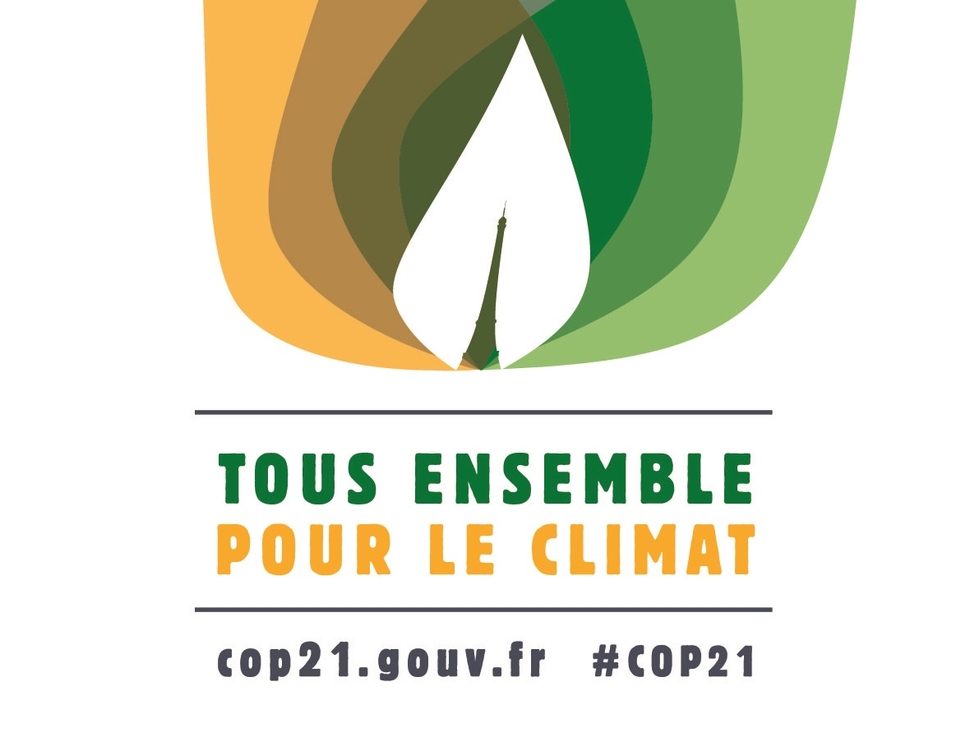The yearly United Nations conference on climate change started last Monday and will last 11 days. During this international policy event, the 21st Conference of Parties (COP21) takes place, in which all parties gather from the UNFCCC, the United Nations Framework Convention on Climate Change.
Outcome
The desired outcome of the COP21 is a new international agreement on how to keep the effects of climate change on the global temperature below 2 degrees Celsius. This has been agreed on in 2011. A special working group ADP has been created which is responsible to ‘produce a new “protocol, another legal instrument or an agreed outcome with legal force”’. The new agreement is a follow-up for the successful Kyoto Protocol which ended in 2012.
INDC
Before the start of COP21, all participating countries should have proposed their Intended Nationally Determined Contributions (INDC) to the UN on how to reduce CO2 emissions in their country. As the name says, these proposals are intentions and therefore not legally binding. However, the World Resources Institute explain that INDCs serve as a foundation for the 2015 climate agreement.
COP21
In the past year, the UNFCCC has written a draft agreement, serving as content for discussion in Paris. During pre-COP, from 8 to 10 November in Paris, four themes have been discussed: ambition, fairness, post-2020 financing and pre-2020.
Criteria for the agreement include being ‘universal, concluded by all and applicable to all countries’. Since all countries have to agree, Tinus Pulles, a retired environmental scientist who is reviewer for the UNFCCC review process, expects the commitment of the final agreement to be low. For the same reasons, he is skeptical whether the agreement will be legally binding.
It is extremely difficult to make an international agreement ambitious and legally binding.
The criteria to make a universal agreement also has advantages, because all countries support it. Regarding promises to take action, the argument ‘my neighbor does not take action either’ becomes invalid. Unfortunately, it is uncertain whether the agreement will be legally binding. If not, the above excuse can be used.
Challenging
To conclude, everybody knows we should come into action against climate change. Global agreements can make a significant contribution to stimulate this action. However, it is immensely challenging to make an agreement with 195 countries about a topic that is considered to limit the economy. Nobody knows what the outcome of COP21 will be..
To be continued
Source: Unless otherwise stated, all facts were found at www.cop21.gouv.fr on November 30th, 2015.
